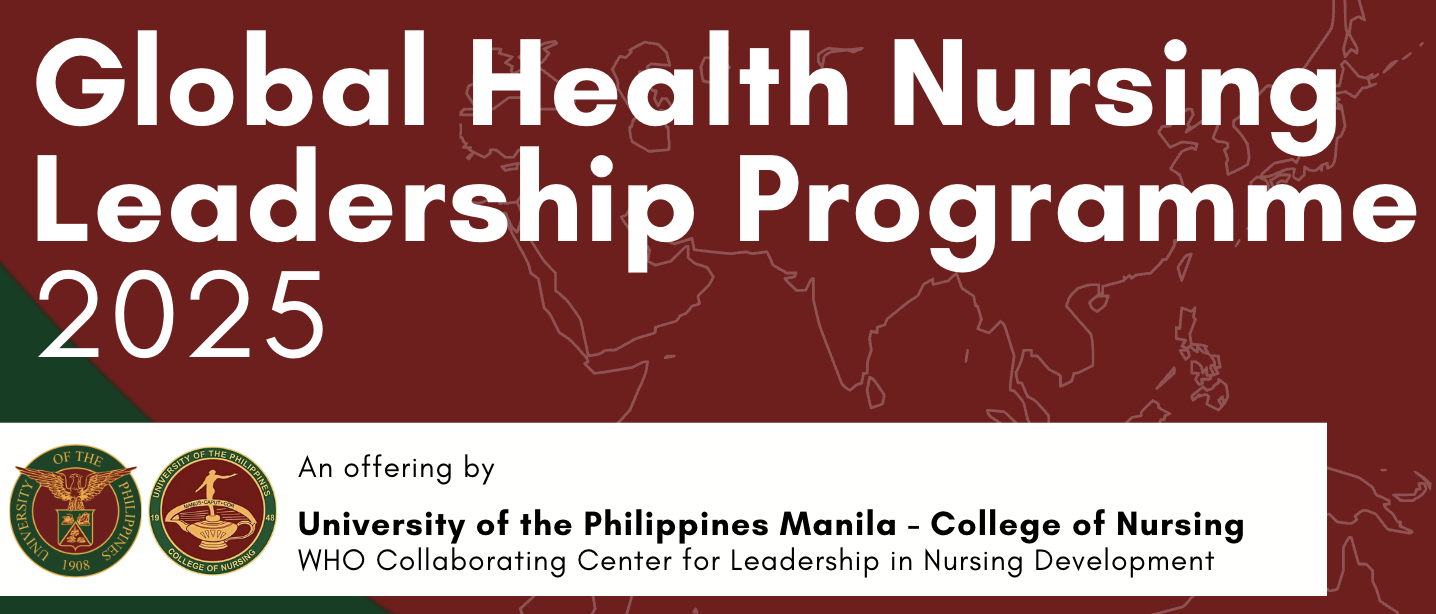Course Description
This course aims to enhance public health nursing competencies in areas essential to health systems strengthening: health systems delivery, health financing, health regulation, health governance, health information systems, and the management of human resources for health. This will enable the nurse to take on the role of leader, manager, advocate, and care provider of various clientele in primary care facilities while utilizing a primary health care approach and in the implementation of universal health care. At the local health systems level, be it provincial or city-wide, this course will train public health nurses as primary care facility managers who are capable of managerial, technical, and financial integration.
Program Outcomes
At the end of the course, the learner is expected to:
Direct the provision of safe and quality health care and nursing service through Universal Health Care and Primary Care;
Manage the implementation and evaluation of individual and population-based health services based on assessed needs of the community with emphasis on disease prevention and health promotion;
Initiate collaboration and partnership with other health care providers, stakeholders, facilities and agencies towards creating an efficient and effective delivery of public health services within a health care provider network;
Develop relevant health policies that address priority health problems based on assessed needs of the community;
Manage public health programs and services including social health insurance programs to ensure equitable and universal access to health care;
Ensure continuous quality improvement of health services and facilities to enhance the integration of local health systems;
Supervise health human resource ensuring adequate skill mix and competencies of health workers, especially primary care workers; and
Apply principles and best practices in health informatics to ensure efficient data management and information systems.


























